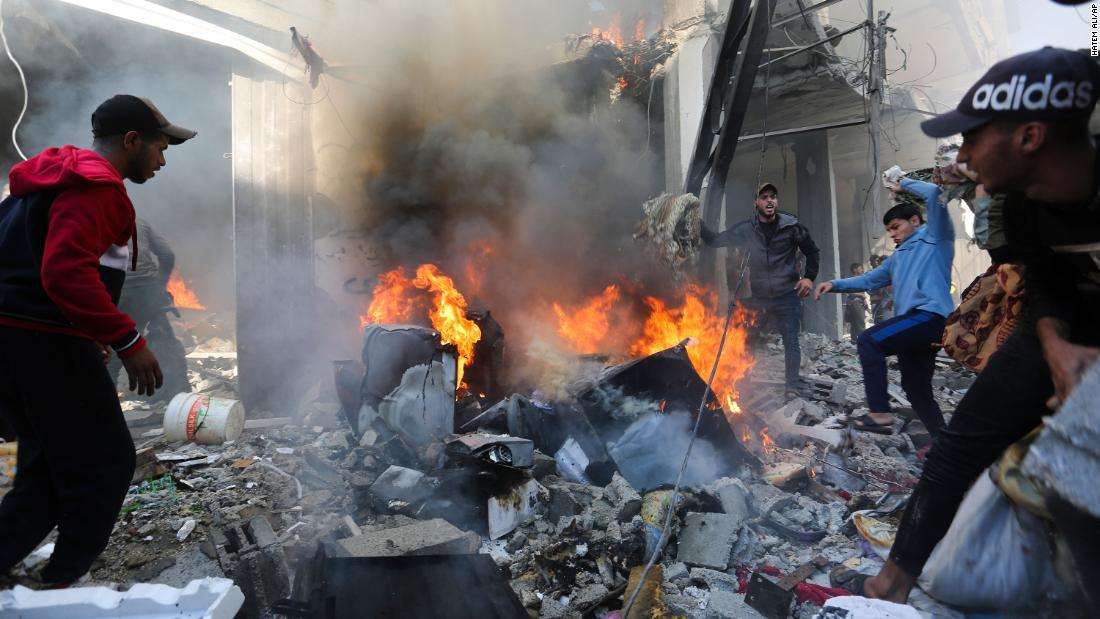Israel at War
In an unprecedented and deeply troubling development, Hamas launched an unprovoked and shocking assault on Israel, a brazen act that unfolded on the sacred day of the Sabbath. This inexplicable display of aggression challenges comprehension and demands a critical and analytical examination of the events that have transpired.
The manner, in which Hamas executed this audacious attack, deploying fighters through air, land, and sea, represents a stark departure from the principles of peace and diplomacy. The Sabbath, a day of profound significance for the Jewish community, is akin to the importance of Juma for Muslims. It is a day of rest, reflection, prayer, and spiritual connection for Jews across the globe. The assault on this hallowed day is not merely an attack on a people; it is a direct affront to their deeply held beliefs and traditions.

The unprovoked nature of this attack compounds the shock and disbelief that have reverberated throughout the international community. In a world that increasingly strives for peace and diplomacy, such brazen acts of violence against innocent civilians and sacred traditions disrupt the very foundations of stability and coexistence.
Equally distressing is the loss of civilian lives and the humiliation inflicted upon ordinary Jewish individuals as a result of this attack. It is essential to underscore that such actions are not only unjustifiable but also fundamentally counterproductive. Rather than advancing any meaningful objectives or addressing underlying issues, they only serve to intensify an already volatile situation.

The gravity of the situation is further underscored by the Israeli Prime Minister’s declaration that Israel is now officially at war. This announcement raises concerns about the trajectory of the conflict, as Israel, like any nation, has the right to defend itself. However, the cycle of violence, with each side responding with increasing force, threatens to deepen animosities and entrench positions on both sides.

As the world closely monitors these distressing developments, it is imperative that all parties involved exercise restraint and prioritize diplomatic channels to address their grievances. The international community must play an active role in facilitating dialogue and negotiations to bring an end to the violence and chart a path toward lasting peace in the region.

The events of the Sabbath serve as a stark reminder of the urgent need for a comprehensive and peaceful resolution to the longstanding Israeli-Palestinian conflict. The underlying issues, encompassing territorial disputes, security concerns, and the rights of Israelis and Palestinians alike, cannot be overlooked. World leaders must redouble their efforts and engage in meaningful dialogue to address these issues.

The Sabbath attack by Hamas on Israel is an alarming and deeply troubling event that has sent shockwaves worldwide. The unprovoked nature of the assault, the disregard for civilian lives, and the violation of sacred traditions demand a thorough analysis of the situation. As tensions continue to escalate, it is imperative that all parties prioritize peaceful negotiations, and the international community must proactively facilitate a resolution to this longstanding conflict. Only through meaningful dialogue and a commitment to finding common ground can the region hope to achieve a lasting and just peace.https://thebalochistanupdates.com/hamas-stunned-israel-navigating-the-complex-israel-palestine-conflict/


